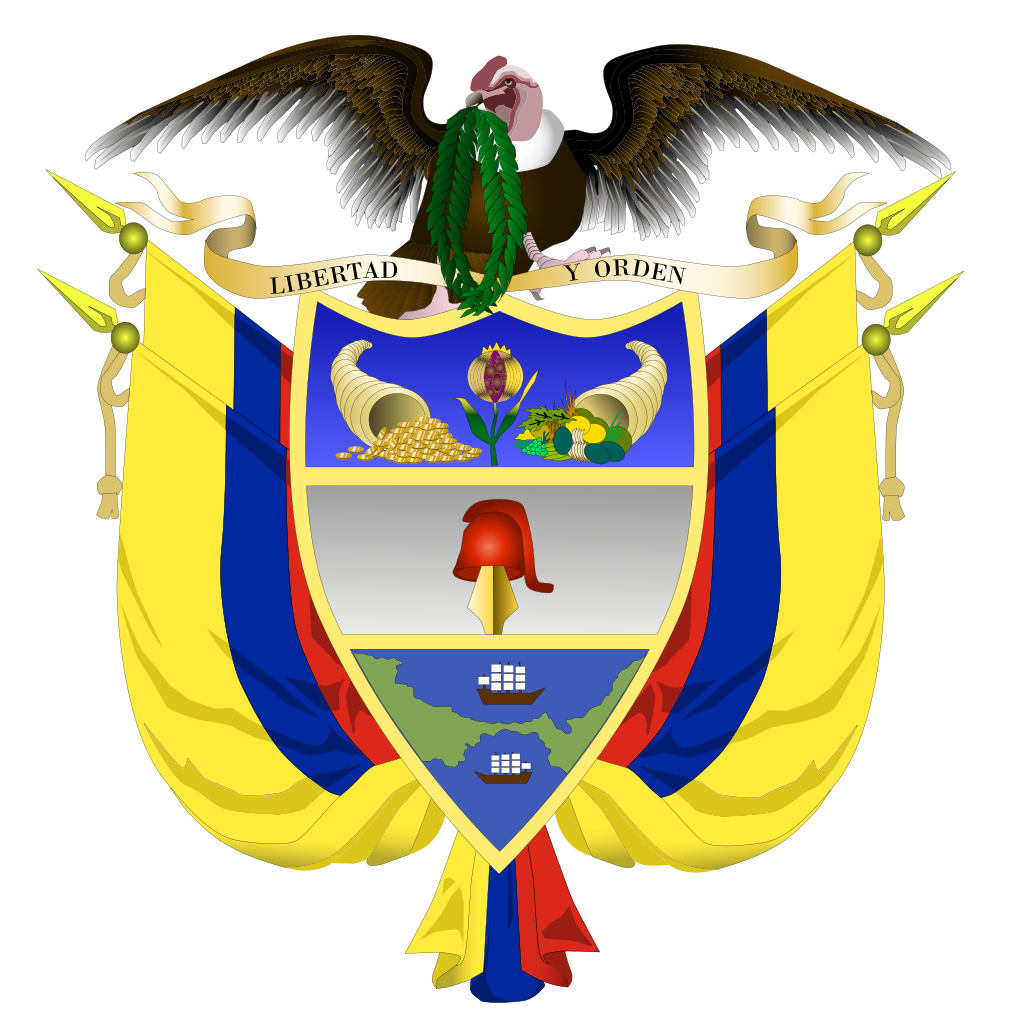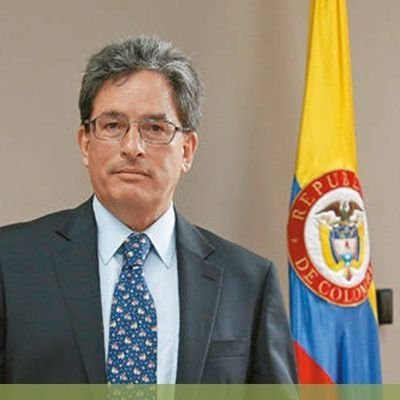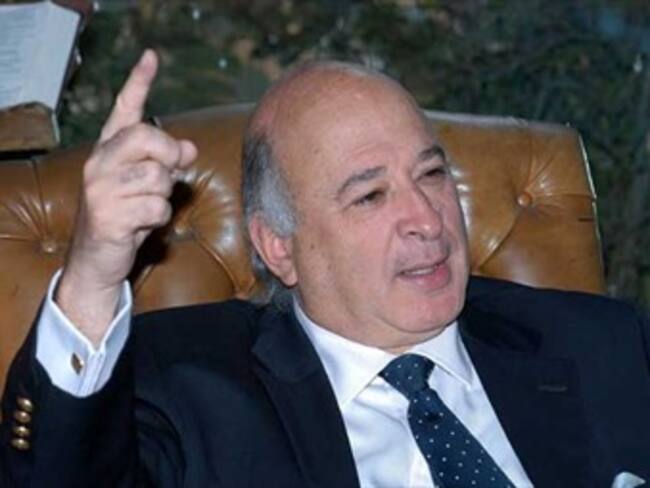Jovan
GA Member
- Mar 5, 2025
- 10

Gobierno de la República de Colombia
Government of the Republic of Colombia
Overview
The Government of the Republic of Colombia (Gobierno de la República de Colombia) is the national government of Colombia, styled as a unitary presidential republic. Established under the 1991 Constitution (link WIP), it aims to protect and promote democratic governance, safeguard human rights, provide a welfare state, and be at the forefront in protecting the interests of Colombians and South America as a whole. The Country is divided into 32 departments, and one capital district, each with democratically elected governors and mayors representing the executive branch at these levels.
The government operates with a tripartite separation of power: The Executive, the Legislative (Congreso de Colombia), and the Judicial (Corte Suprema de Colombia), employing proper checks and balances for the fair and democratic balance of power.
The government operates with a tripartite separation of power: The Executive, the Legislative (Congreso de Colombia), and the Judicial (Corte Suprema de Colombia), employing proper checks and balances for the fair and democratic balance of power.
Presidente de la República
The President is the chief executive, commander-in-chief of the Colombian Armed Forces (link wip)and is the supreme administrative authority of the country. They are directly elected through universal suffrage by popular vote for a four-year term, and are allowed to be elected for a second term.
The president is also uniquely responsible for receiving ambassadors from other foreign countries, allowing the president to possess broad power in matters of foreign policy and giving the president exclusive authority to grant recognition to other nation states. The President also has the power to appoint Colombian ambassadors and to negotiate agreements between Colombia and other nations, granted with the recommendation from the Chancellor, or the Minister of Foreign Affairs.
The president is also uniquely responsible for receiving ambassadors from other foreign countries, allowing the president to possess broad power in matters of foreign policy and giving the president exclusive authority to grant recognition to other nation states. The President also has the power to appoint Colombian ambassadors and to negotiate agreements between Colombia and other nations, granted with the recommendation from the Chancellor, or the Minister of Foreign Affairs.

Álvaro Uribe Vélez

THE 31st PRESIDENT OF THE GRAND REPUBLIC OF COLOMBIA
(2002-PRESENT)
Vicepresidente de la República
The second-highest position in the executive branch of the national government, and is the first in line in the presidential line of succession. The Vice President is also elected by popular vote. Its mandate, as outlined by the constitution, is: To execute special missions set by the President, to advise the President on the execution of policies, and to represent Colombia as ordered by the president, among other matters of representations and advisory roles.

Francisco Santos Calderón

THE 8th VICEPRESIDENT OF THE GRAND REPUBLIC OF COLOMBIA
(2002-PRESENT)
Consejo de Ministros
Comprises ministers (ministros/as) appointed by the President, each overseeing a specific ministry (ministerio) within the government. Their main role is to provide sound and proper advice to the president and oversee their respective ministries.
| Andrés Felipe Arias Leyva Minister of Agriculture and Rural Development 2002-Present |  | Jorge Humberto Botero Minister of Commerce, Industry, and Tourism 2002-Present | |
 | Elvira Cuervo de Jaramillo Minister of Culture 2002-Present |  | Andrés Uriel Gallego Henao Minister of Transport 2002-Present |
 | Sandra Suárez Pérez Minister of Environment and Sustainable Development 2002-Present |  | Alberto Carrasquilla Barrera Minister of Finance and Public Credit 2002-Present |
 | Carolina Barco Isakson Minister of Foreign Affairs (Chancellor) 2002-Present | Diego Palacio Betancourt Minister of Health and Social Protection 2002-Present | |
 | Sandra Suárez Pérez Minister of Housing, City, and Territory 2002-Present |  | María del Rosario Guerra de la Espriella Minister of Information and Communication Technologies 2002-Present |
 | Sabas Pretelt de la Vega Minister of Justice and Law 2002-Present | Diego Palacio Betancourt Minister of Labour 2002-Present | |
 | Luis Ernesto Mejía Castro Minister of Mines and Energy 2002-Present | Jorge Alberto Uribe Echavarría Minister of National Defense 2002-Present | |
 | Cecilia María Vélez White Minister of National Education 2002-Present |  | Sabas Pretelt de la Vega Minister of the Interior 2002-Present |
Last edited:


